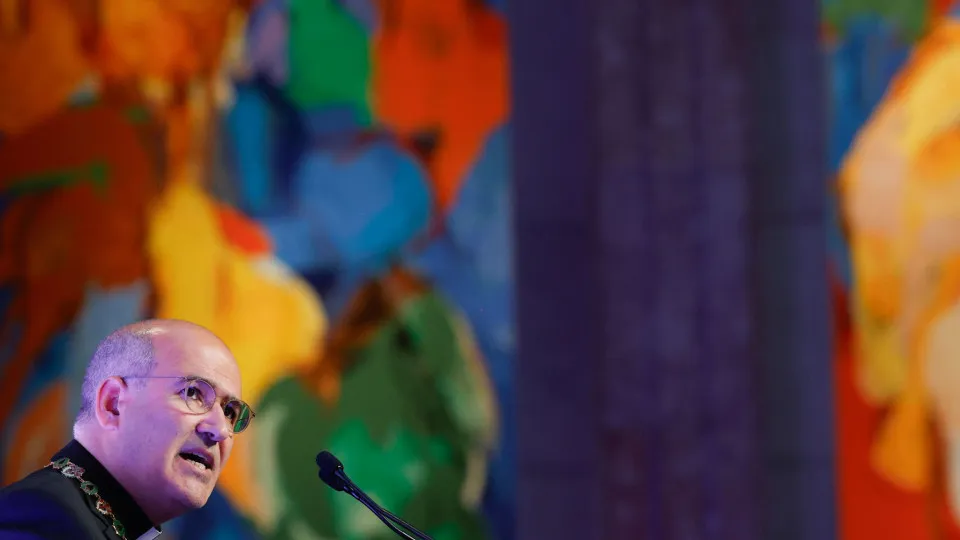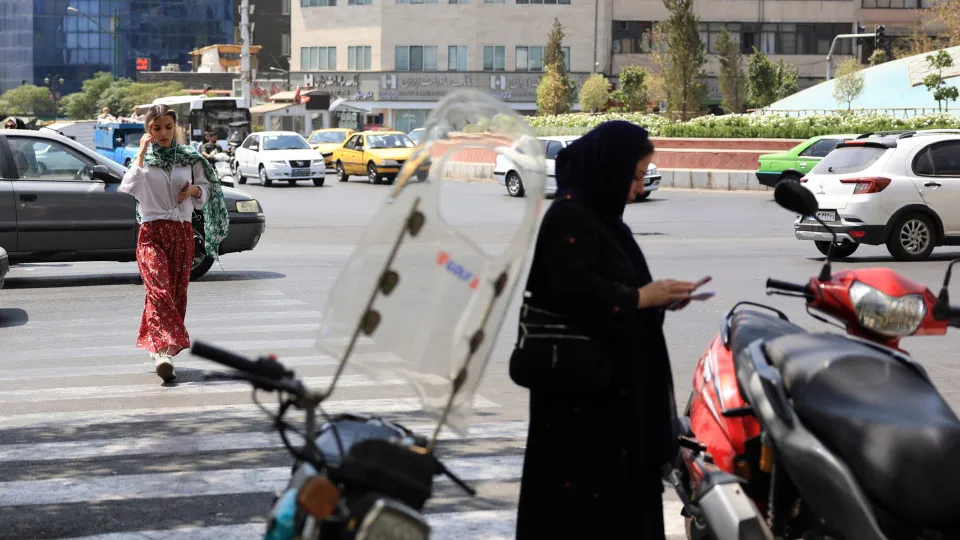
The contemporary world “needs to deepen the dialogue, a healthy curiosity for the other, mutual listening, and mediation, and this does not happen without a policy that recognizes the high role played by language,” stated during the opening conference at the University of Cape Verde (UniCV) in the capital, Praia.
“We need, at a local and international level, to view languages as markers of a plural and harmonious world vision, instead of allies of strangeness and hostility,” and make them “more builders of empathy, relationships, and hospitality,” stated the prefect of the Dicastery for Culture and Education of the Holy See.
According to the cardinal, languages “do not conform to being a machine that creates foreigners, that is, those excluded from that language” and can even be strengthened “when they invest increasingly in inclusion, initiation to knowledge, and the establishment of an ever-wider cultural citizenship.”
CILPE is an event organized by the Organization of Ibero-American States for Education, Science, and Culture (OEI) and aims for this and other messages to reach various hands.
The two-day meeting aims to bring together experts and decision-makers with the power to guide policies that result in the promotion of Portuguese, Spanish, and native languages—this year with an unprecedented approach towards Africa, which is hosting the event for the first time.
This circulation of languages and the role of migrations were highlighted in the opening conference by Tolentino de Mendonça, describing the diaspora as a “greater human experience” that, “despite contradicting the hasty nationalism trends blowing in many parts of the world today, tells us that identity is choral and polyphonic.”
In practice, he considered that “the identity of a language is not just a predetermined ontology, frozen in time and space,” but rather “a process of updating and reconfiguring.”
“The diaspora shows how identity does not consist either of a repetition of origins or adherence to the arrival countries’ models: the identity of a language includes all the experiences of displacement and border, constructing new syntheses at every moment,” he concluded.




